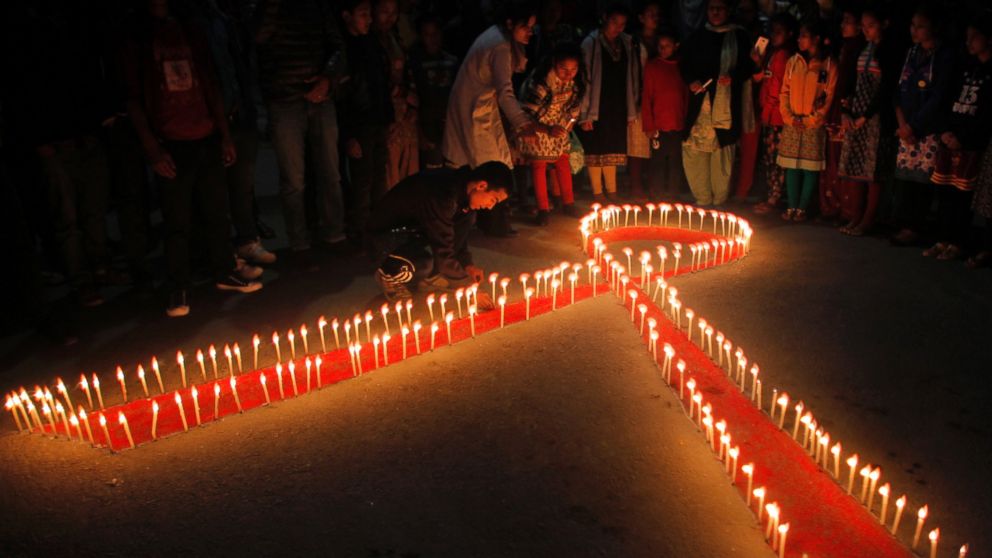World AIDS Day: See How Much Has Changed in the Fight Against HIV/AIDS
Researchers have made huge strides against the virus that causes AIDS.

— -- The virus that causes AIDS was identified less than 35 years ago but has left a lasting impact on hundreds of millions of people.
In 1981 the Centers for Disease Control and Prevention published the first known report on AIDS looking at the case of five men who appeared to have a rare and virulent form of pneumonia that killed two of them. Today, there are 36.9 million people living with HIV/AIDS worldwide, 1.2 million of them are in the U.S.
In honor of World AIDS Day, ABC News' medical unit has compiled important information to show how far the human race has come in the fight against HIV/AIDS and how much further the world needs to go.
Dr. Larry Corey, a virologist and investigator at the nonprofit HIV Vaccine Trials Network (HVTN),said in an earlier interview that many people think of the HIV epidemic as less of an issue due to new drugs that are better able at controlling the disease. However, he said the disease is still deadly and according to the CDC it has killed 13,712 in 2012, the most recent year the data was available.
“This epidemic has not gone away. It’s sort of the silent epidemic,” Corey said last month. “Worldwide, there are 2 million cases every year. Unfortunately, the disease is alive and well and thriving.”
Of the 1.2 million people in the U.S. with HIV, approximately 12 percent or 1 in 8 do not know they're infected.
Dr. Josh Steinberg, is a Resident Physician specializing in Internal Medicine at Georgetown University Hospital in Washington DC.




